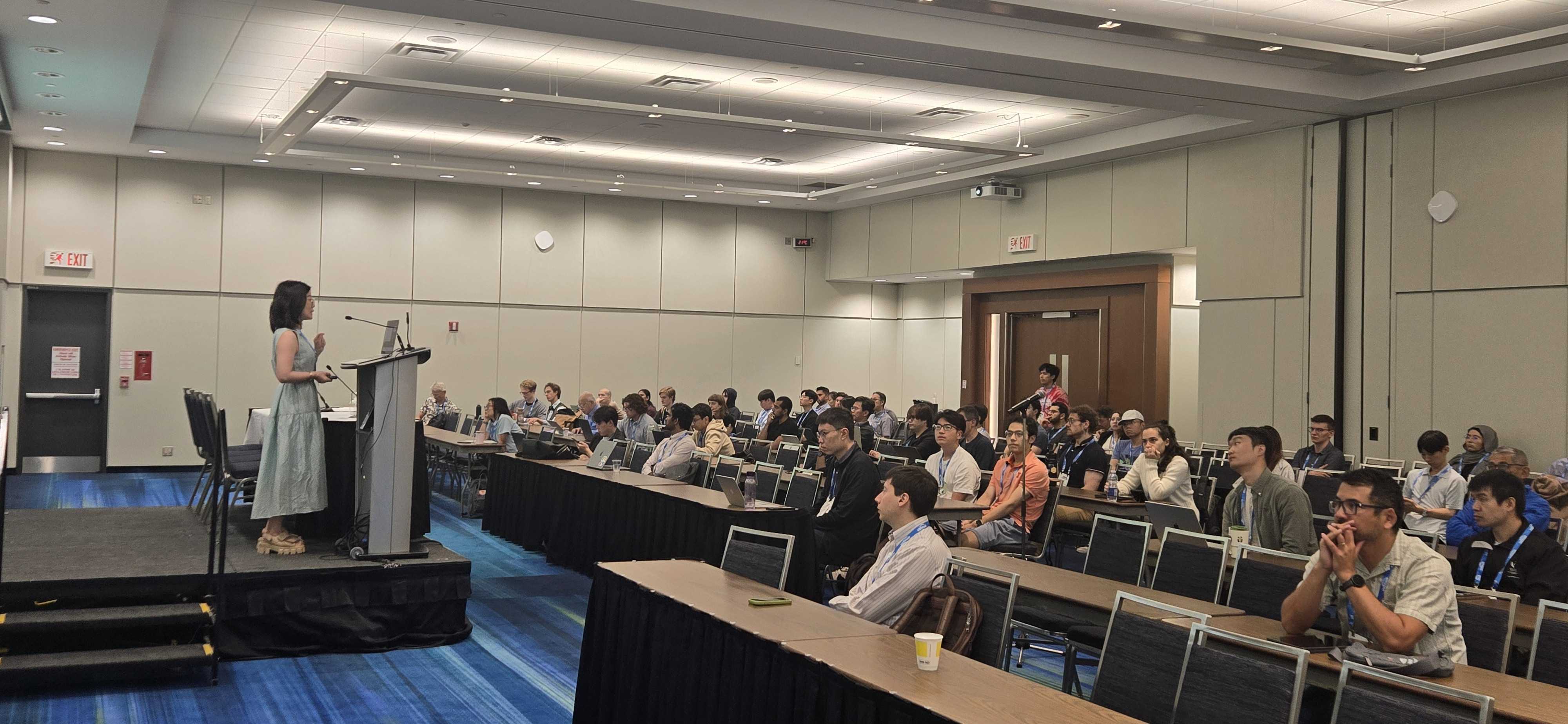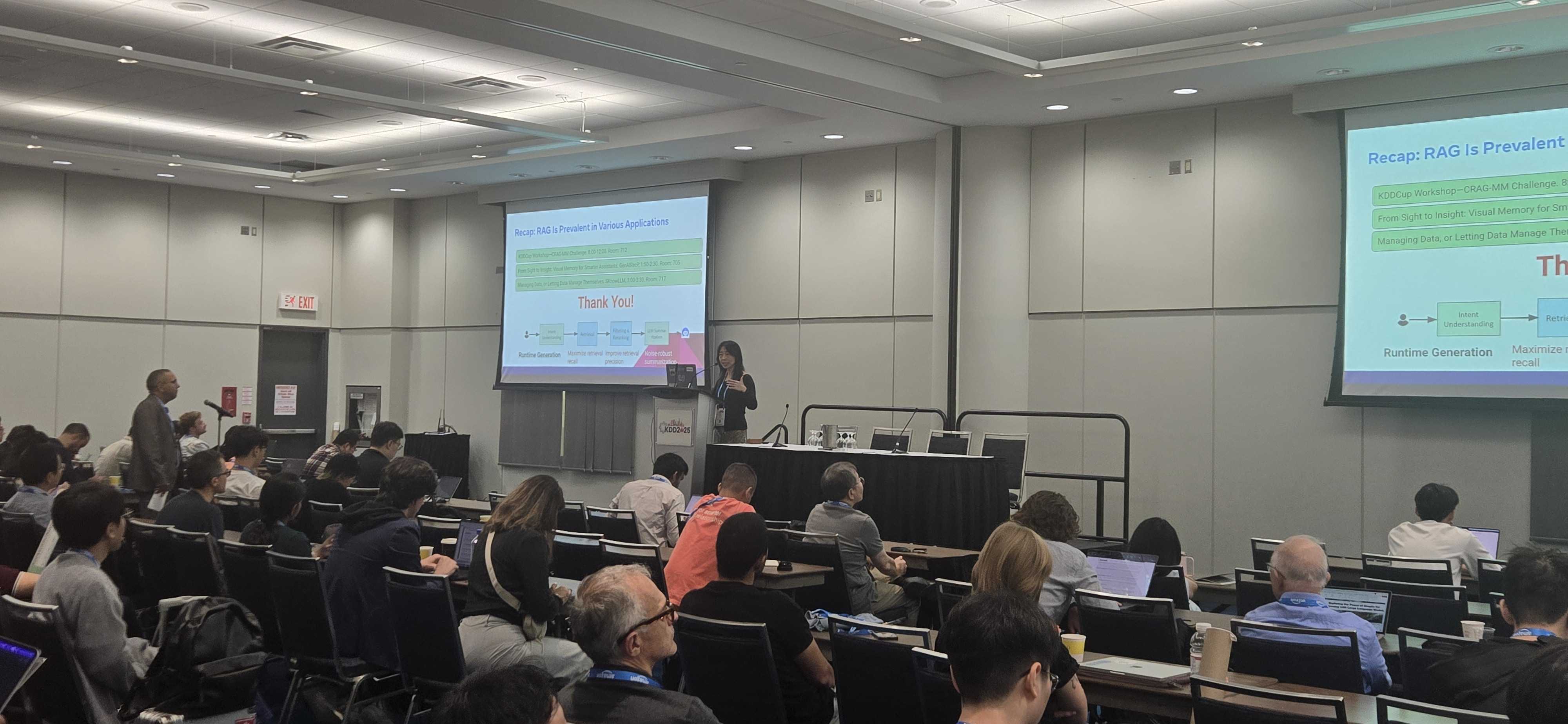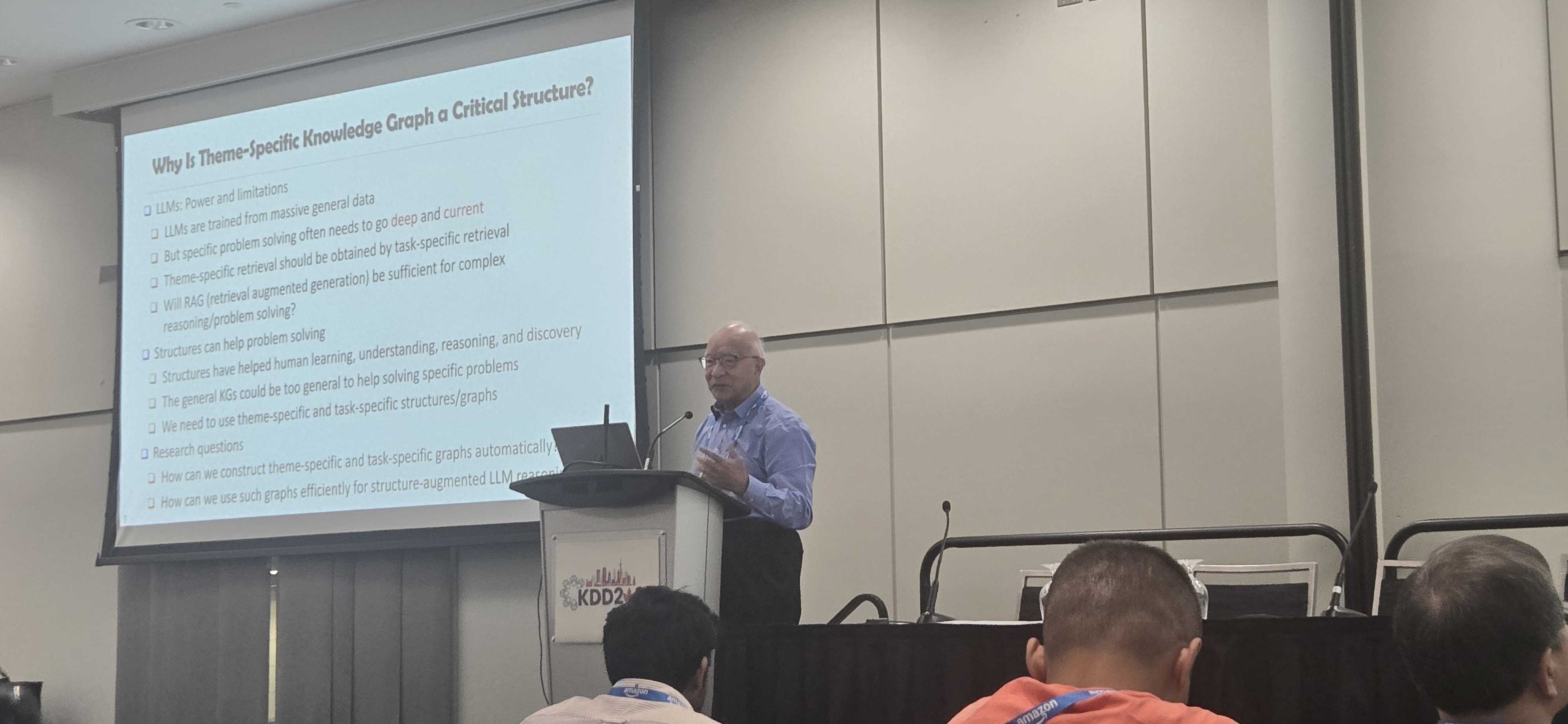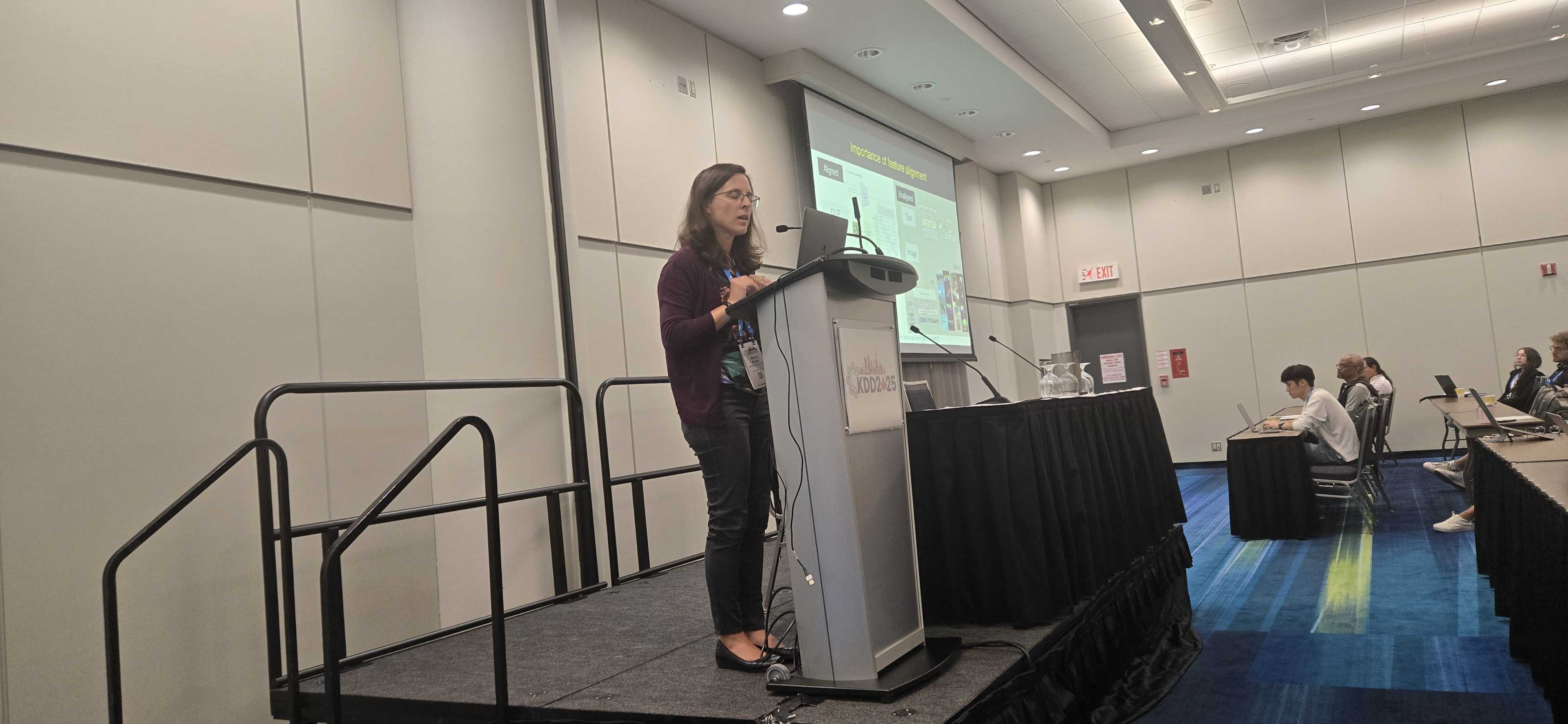
Monday, August 4th 8-12am, 2025
Toronto Convention Centre 715, ON, Canada
| Home | Schedule | Speakers | Organizers | Accepted Papers |
Graph, as a unified data structure representing relationships among entities, exists universally across different domains,
including computer science, social science, physics, chemistry, biology, infrastructure, finance, psychology, etc.
Many real-world applications could be formulated as graph-based tasks.
For example, social anomaly detection, drug property prediction, and product recommendation can be regarded as node/graph classification and link prediction tasks,
academic paper question-answering requires retrieving documents from citation networks,
agent collaboration and communication can be regarded as a graph structure optimization task,
designing molecules and infrastructure networks can be deemed as a graph generation task,
optimizing sensor localization can be formulated as an influence-maximization-based decision-making task.
Through years of research, graph machine learning has gradually formed a well-established ecosystem capable of automating these tasks and driving real-world applications.
With the increasing maturity of GML, the recent emergence of large foundational models, such as large language models and multi-modal systems,
has propelled machine learning into a new GenAI era and revolutionized the research landscape of many fields.
However, the well-established GML is still predominately anchored in pre-GenAI paradigms, creating a significant gap in understanding how it should evolve to fully leverage the opportunities,
address the challenges and comprehensively embrace this transformative GenAI era.
This motivates us to host this workshop to gather academic and industrial researchers/practitioners to present and share the development of GML in the GenAI era
and envision how GML communities could embrace this new GenAI era.




We welcome submissions of papers ranging from 4 to 8 pages as main content, excluding references and appendices. All submissions must be in PDF format and formatted according to the new ACM format published in ACM guidelines (e.g., using the ACM LaTeX template on Overleaf Here) and selecting the “sigconf” sample. Following the KDD’25 conference submission policy, reviews are double-blind, and author names and affiliations should NOT be listed. Submitted works will be assessed based on their novelty, technical quality, potential impact, and clarity of writing (and should be in English). For papers that primarily rely on empirical evaluations, the experimental settings and results should be clearly presented and repeatable. We encourage authors to make data and code available publicly when possible.
All submission deadlines are end-of-day in the Anywhere on Earth (AoE) time zone:
If you have any questions, please contact: mlgraph@googlegroups.com